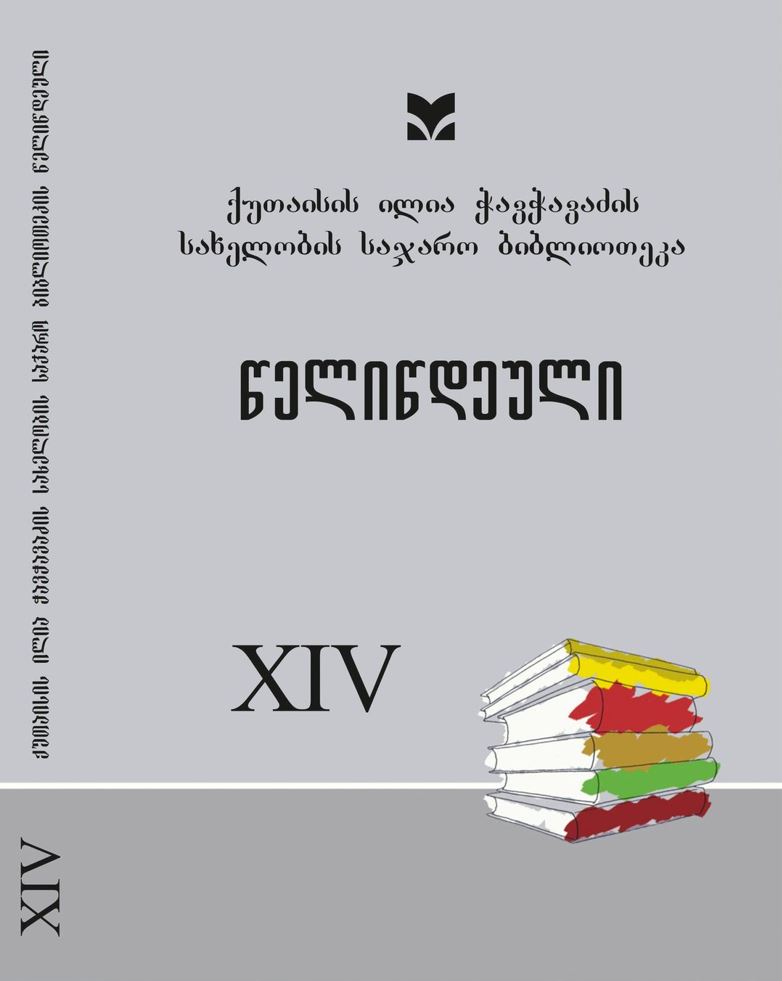ეუთოს ინსტიტუციონალიზაცია და აფხაზეთის საკითხი
DOI:
https://doi.org/10.61491/yk.14.2022.6968საკვანძო სიტყვები:
აფხაზეთის საკითხი საერთაშორისო რეზოლუციებში, გაეროსა და ეუთოს პოზიცია აფხაზეთის კონფლიქტის მოგვარების საკითხშიანოტაცია
In the context of international involvement in the Abkhazia conflict, the most active participants are representatives from the OSCE and the UN. From September 27, 1993, throughout the 1990s and into the 2010s, negotiations between the conflicting parties of Abkhazia and Georgia have been facilitated by the United Nations and the Organization for Security and Cooperation in Europe.
The primary focus of these negotiations revolves around the human factor, particularly the repatriation of internally displaced persons from conflict-affected regions, which is intricately tied to the determination of the political status of the designated territories.
The primary focus of these negotiations revolves around the human factor, particularly the repatriation of internally displaced persons from conflict-affected regions, which is intricately tied to the determination of the political status of the designated territories.
The primary focus of these negotiations revolves around the human factor, particularly the repatriation of internally displaced persons from conflict-affected regions, which is intricately tied to the determination of the political status of the designated territories.
However, the question arises regarding the significance of these resolutions and decisions if their implementation has been consistently delayed. It is crucial to recognize that these resolutions demonstrate the efforts of the Organization for Security and Cooperation in Europe and the United Nations in resolving the Abkhazia conflict (as well as the situation in South Ossetia). Despite facing strong opposition from Russia at the UN General Assembly and the Organization for Security and Cooperation in Europe during the research period from 1992 to 2021, the UN resolutions and OSCE summit decisions serve as a constant reminder to the international community that Abkhazia and the so-called South Ossetia (which actually refers to the Shida Kartli mountains) are integral parts of Georgia. These resolutions assert the rights of the indigenous people of these regions to return to their ancestral lands and waters. They affirm that the state of Georgia will never relinquish its land and water, where the ethnogenesis of the Georgian nation originated three thousand years ago and where the rich traditions of Georgian culture and statehood have developed over centuries.




